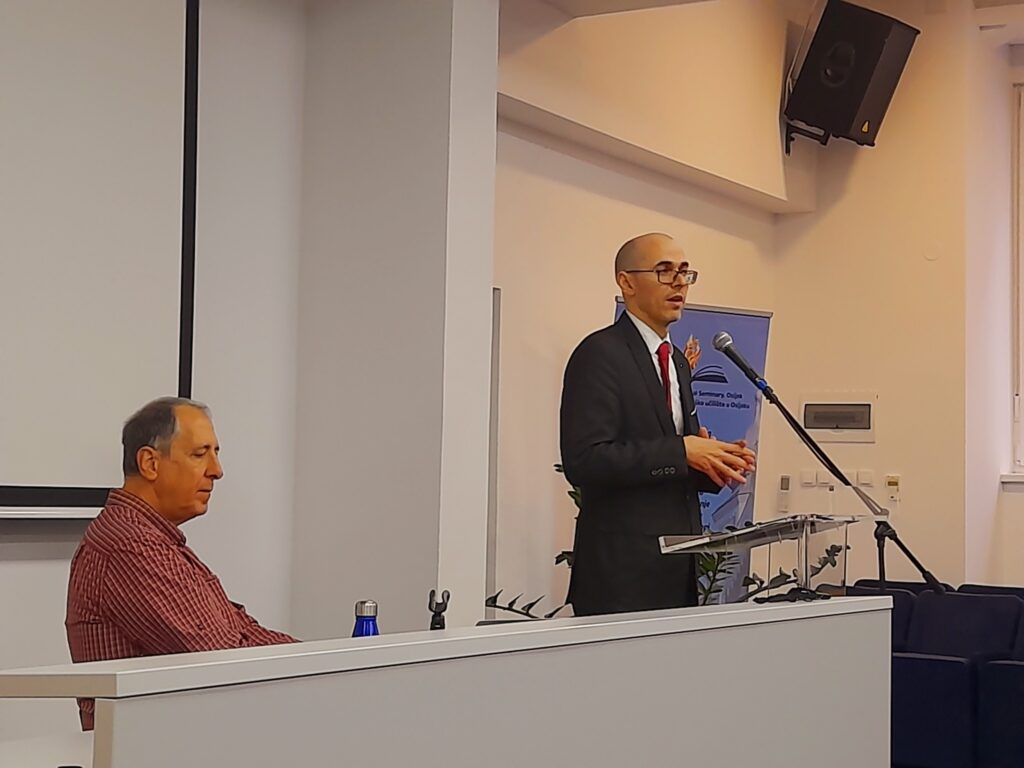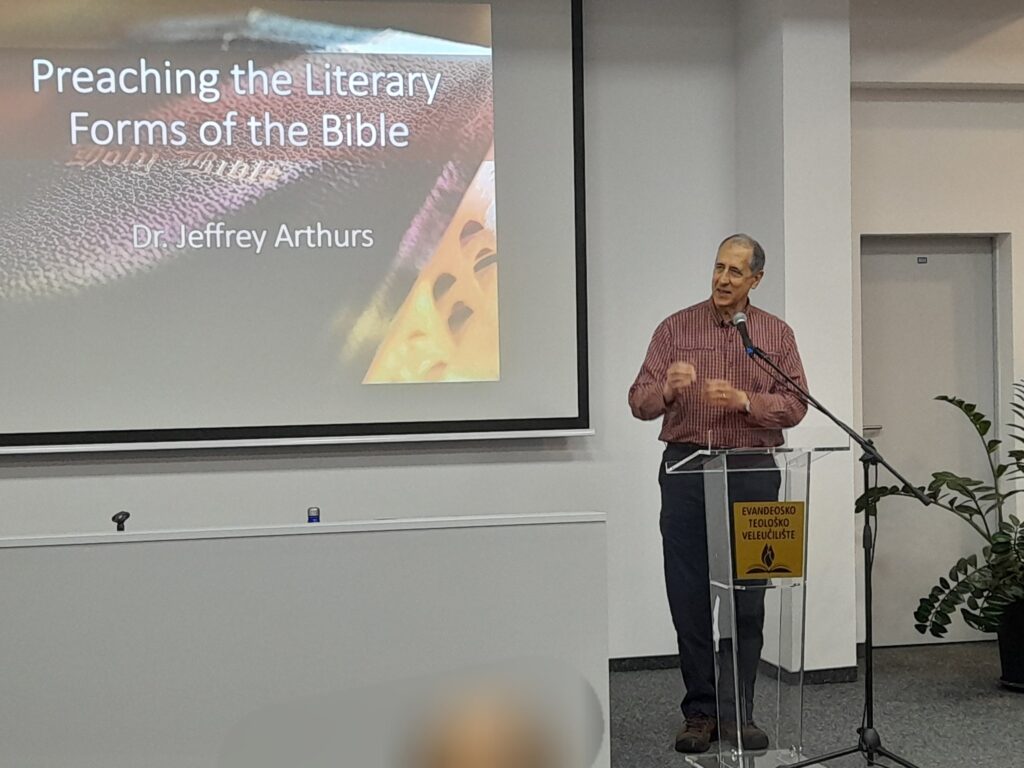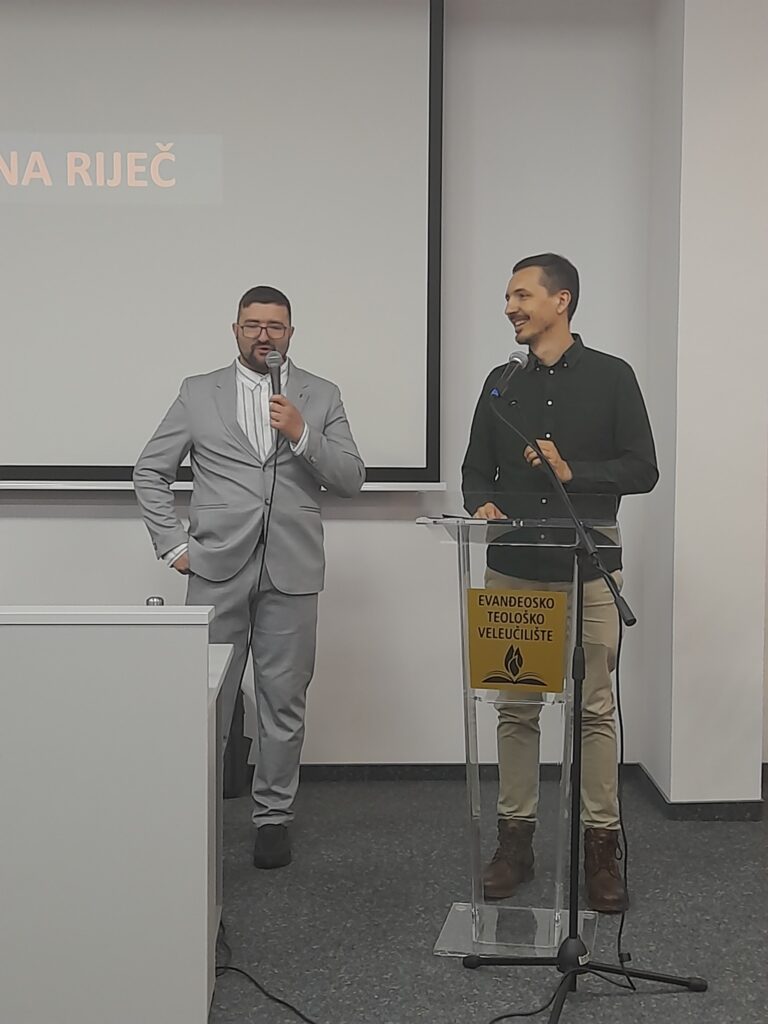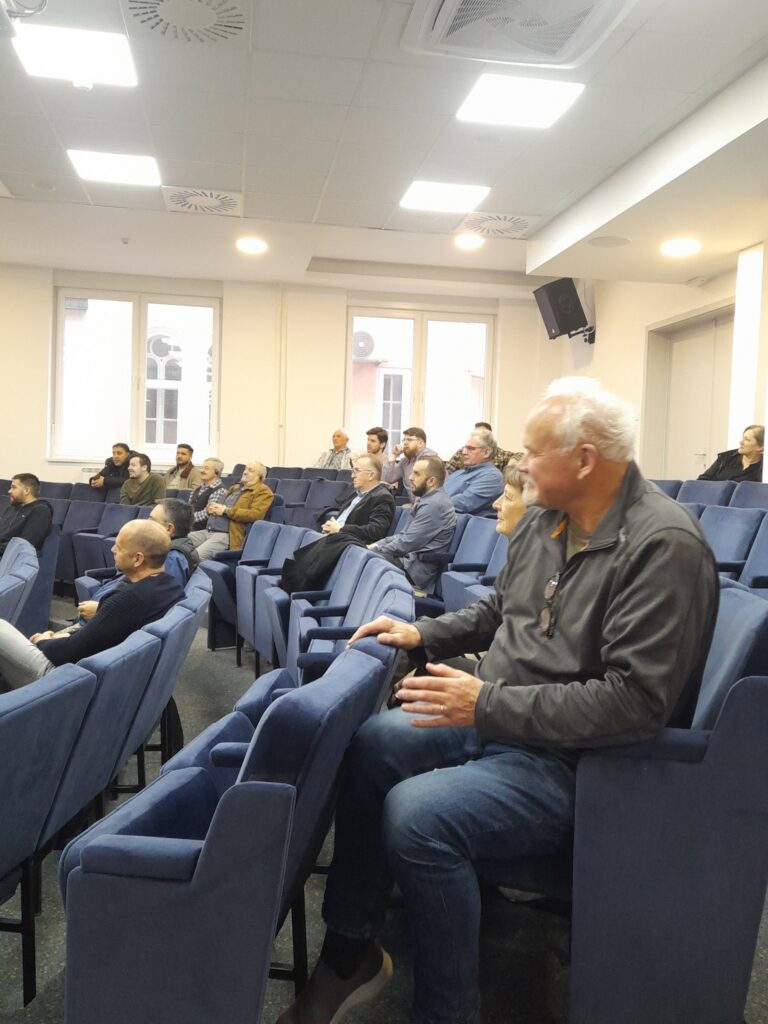“Preaching requires preparation—deep preparation in prayer, in the Bible, but also in other sources. I often use commentaries, lexicons, and encyclopedias when writing; I read theologians and preachers who have written on the topic before me. When I preach, I strive to be clear but not superficial—do not oversimplify the difficult questions the Bible raises. Guide people, but allow those who listen to reflect on everything themselves.
I think about the message that God is giving me for the congregation—how can we grow in Christ Jesus, in love for one another? Such a sermon sometimes takes 15-20 hours to prepare. Slowness is necessary because, in answering the question, ‘What does the text say?’ I discover the message for myself and for God’s people. I often return to the historical and contextual background in which the text was written, asking what was happening and why. I look at the original language texts, compare translations, and frequently pray for God’s understanding and the guidance of the Holy Spirit.
I pay attention to the structure of the sermon—it must have a beginning, middle, and end, as well as a clear message for the believers. I am mindful of time. Overly long sermons often take away the ‘core essence’ of the message for the listeners. I also focus on application—between the biblical text and today, the key question is application. The Bible is relevant for all times, but what is it saying to us today? Even here, I am careful. The Bible is God’s Word, and I do not take lightly the responsibility of interpretation.
I am called to learn. Preachers are called to spend their whole lives learning, inspired by God and led by the Spirit, growing in their faith and knowledge, and passing that on to believers. That is why theological education is important. Keep moving forward with courage!”












